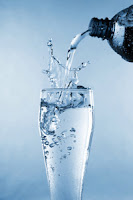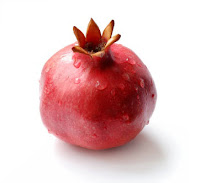Anger is a
powerful emotion and every human has experienced anger. The effects of anger on
health have more to do with duration that frequently and intensity.
Uncontrollable anger can lead to arguments, physical fights, physical abuse and
self harm. On the other hand, well managed anger can be a useful emotion that
motivates you to make positive changes.
Some of the
short term and long term health problems that have been linked to unmanaged
anger includes headache, depression, heart attack, stroke, high blood pressure,
skin problems, digestion problems.
Effects of
anger on health:
- Angry people consume more alcohol as a way to deal with their unwanted anger.
- People who don’t know how to express their anger often find themselves using food as a way to comfort themselves.
- Anger is indirectly associated with smoking. Intensely angry people are 65% more likely to be smokers.
- Angry people are 3 times the risk for high blood pressure than non-angry peoples.
- Just talking to friends can often help to reduce the anger.
- Meditation can allow you to breath, relax, reflect on the situation and take a critical look at why you are angry.
- Do something physical, such as going for a run or playing sport.
- If you feel out of control then just walk away from the situation until you cool down.








































